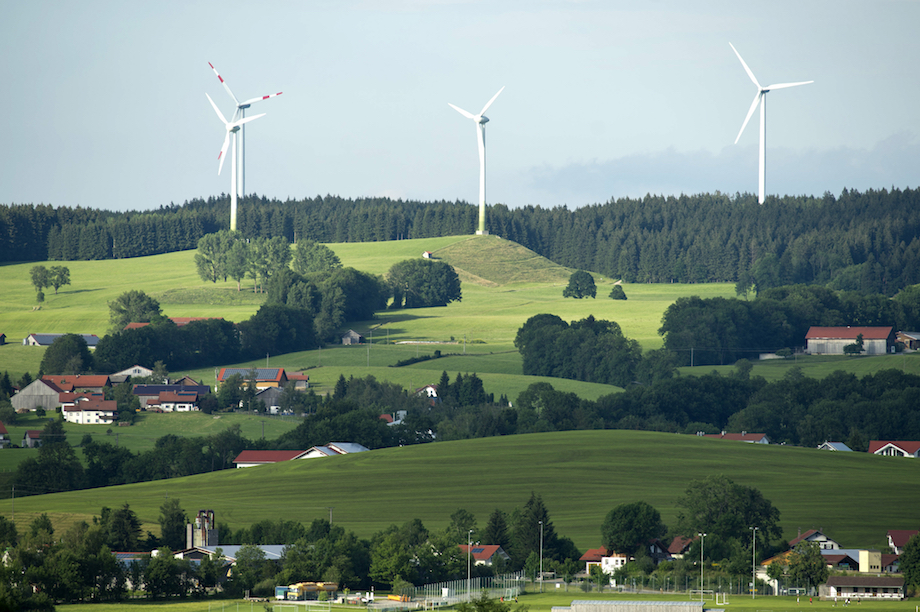It had scrapped citizens groups’ right to enter projects that had not yet received a permit into auctions in December, creating parity with more established developers.
The rule change to permitting has already been in place for the first two auction rounds of 2018.
But the German parliament’s upper house of has decreed the rule change to permitting will last for another two years from 1 August, when the next 700MW tender is due to be held.
However, the permitting requirement will be abandoned in the tender round to be held in October 2020.
The advantages enjoyed by citizens’ projects had created uncertainty in the German onshore market, according to the German Wind Energy Association (BWE).
Citizens’ groups had enjoyed a 54-month implementation period for projects — two years longer than the 30-month window for larger developers. They had also benefitted from uniform pricing, whereby they received a fixed rate, rather than the price they bid.
Developers with permitted projects neglected to enter them into the latest auction, causing the 670MW tender volume to be undersubscribed for the first time, and average winning bids fell.
BWE president Herman Albers said the extension of the Federal Pollution Control Act (BImSchG) — requiring all tender participants to obtain permits — would "significantly increase planning security for companies", and called for the act to be implemented indefinitely.
"Implementation will be accelerated after the award of the contract and lead to a more stable expansion," he explained.

.png)


.png)










